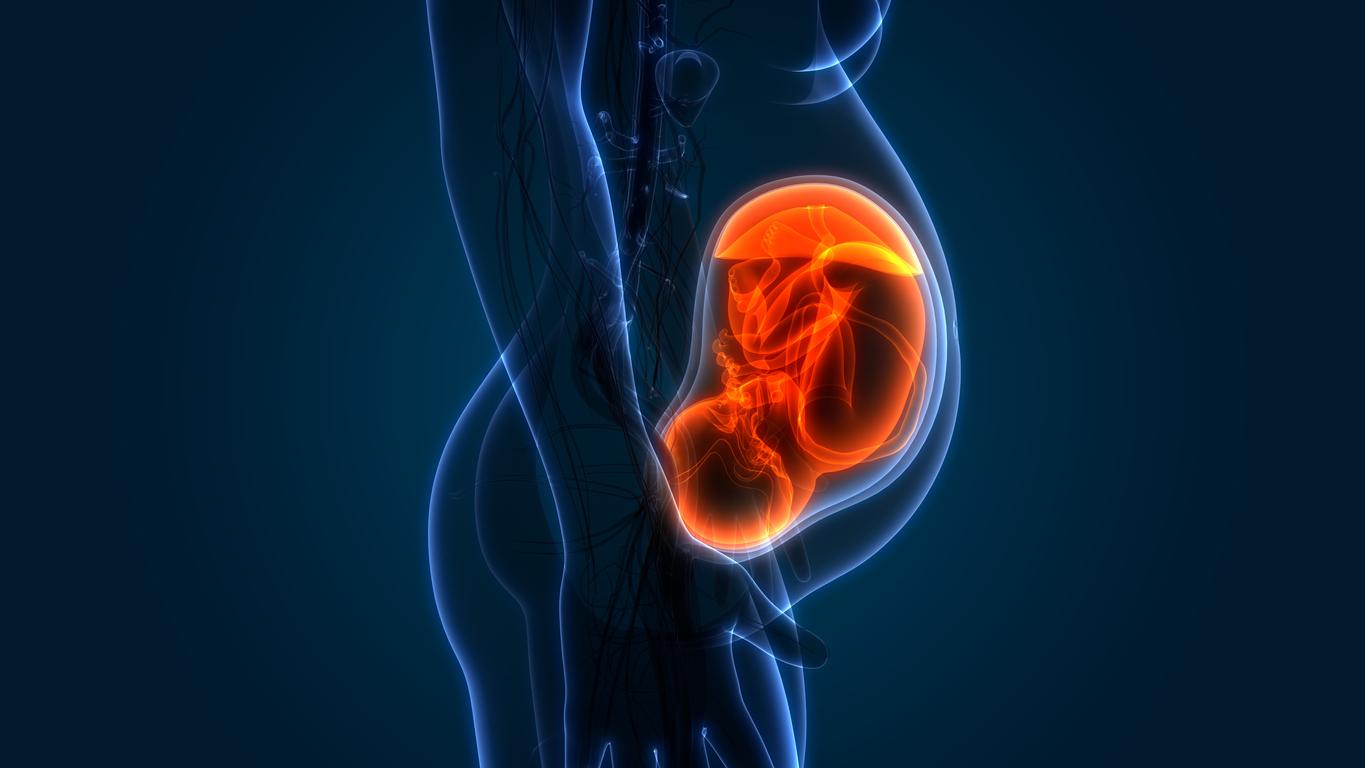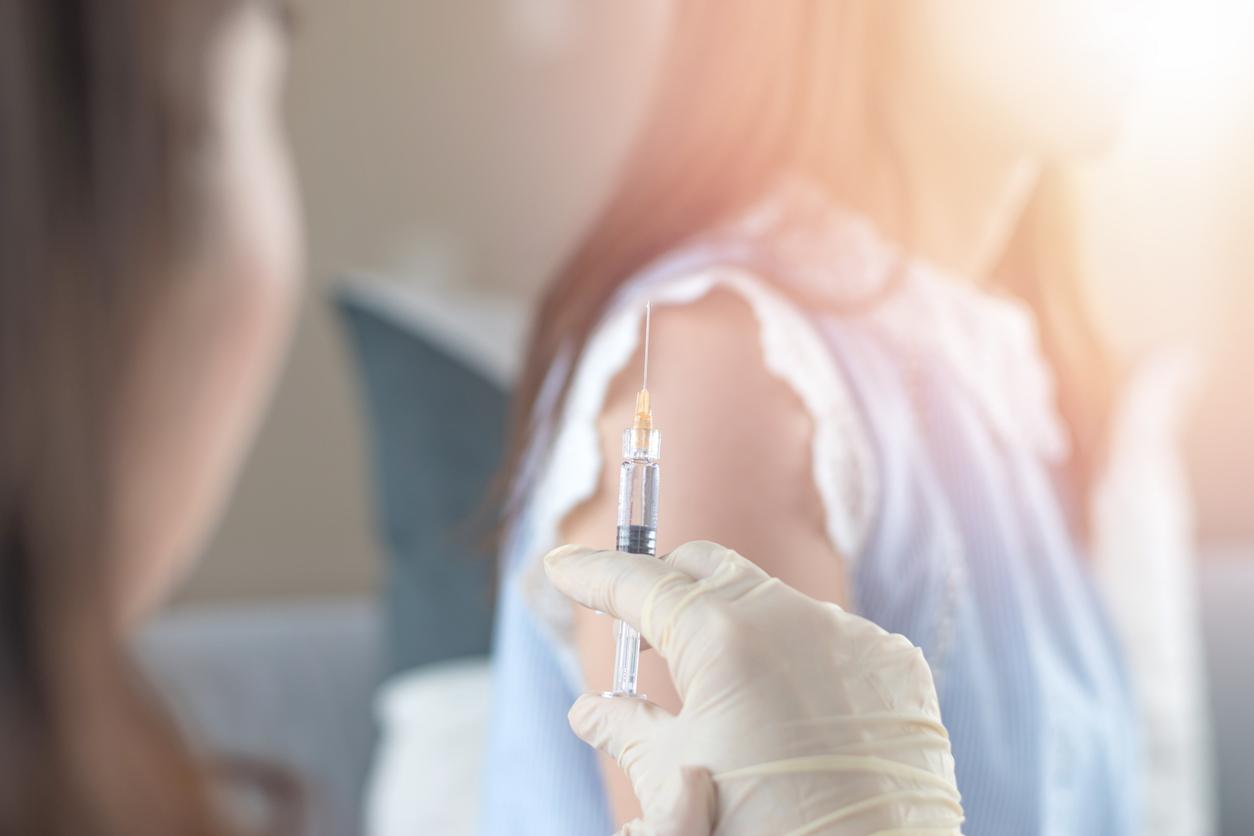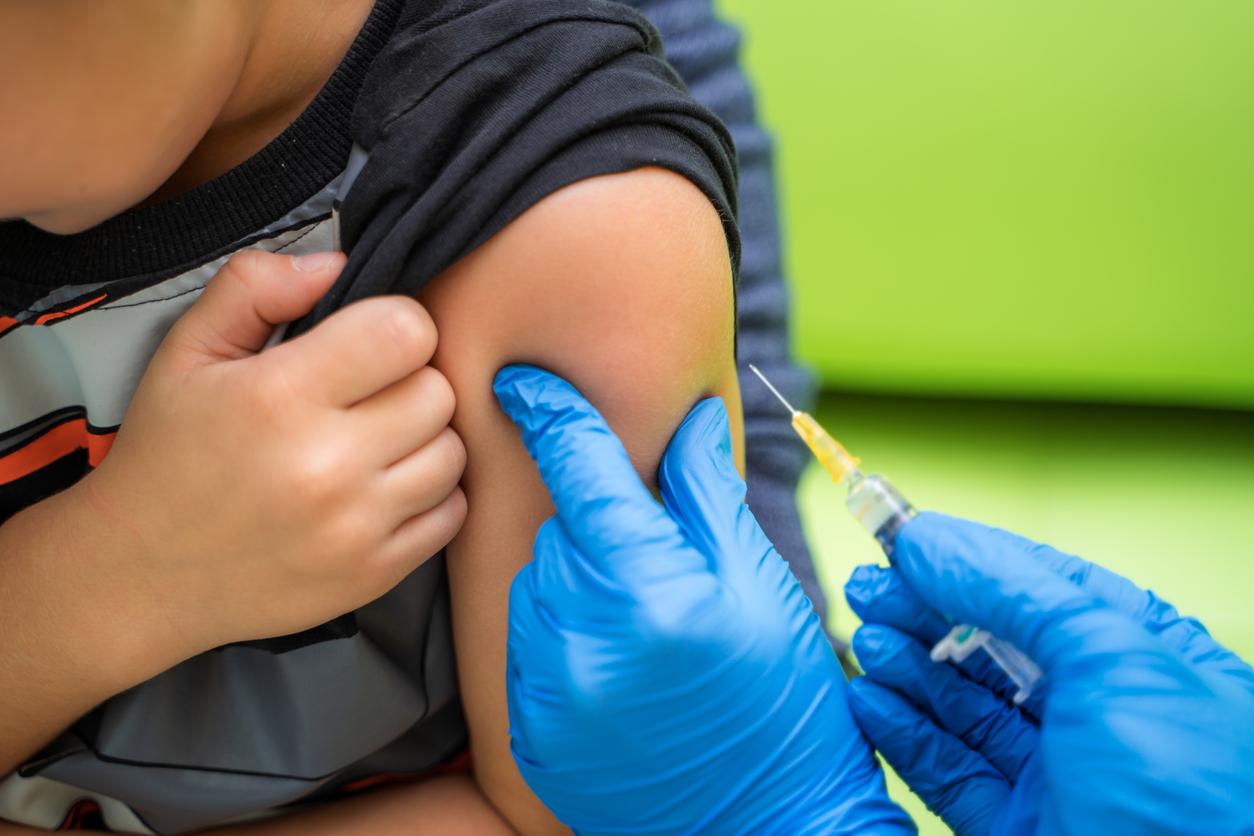
It is a hope for people with asthma. Inserm and the French company NEOVACS have developed a vaccine that could offer long-term protection against allergic asthma. Their work on mice so far is promising.
Asthma is the most common chronic lung disease
It is a chronic pathology that affects around 4 million people in France and 300 million worldwide. With at least 250,000 deaths attributed to the disease each year, an estimated 20% of asthma patients suffer from uncontrolled asthma.
Asthma is a disease characterized by more or less inflammation of the respiratory tract, in the bronchi and small bronchi, by inhalation of allergens, most often mites. This exposure to dust mites and various allergens causes the production of antibodies called immunoglobulins E (IgE) and type 2 cytokines (such as interleukins IL-4 and IL-13) in the airways. This then sets in motion a cascade of reactions resulting in an over-responsiveness of the airways, an overproduction of mucus and an excessively high level of white blood cells called eosinophils in the airways.
To treat allergic asthma, inhaled corticosteroids are most often used to control asthma. However, in severe asthma this treatment may be ineffective. Therapeutic monoclonal antibody treatments must therefore be used, which require patients to administer injections for years or even throughout their lives. Based on this premise, Inserm researchers have been working on a vaccine for a few years now.
A vaccine that would kill two birds with one stone
This vaccine called “Kinoid Was developed by researchers from Inserm, the Institut Pasteur and the company NEOVACS. It is a combined serum coupling the recombinant cytokines IL-4 and IL-13 with a carrier protein called CRM (non-pathogenic mutated form of diphtheria toxin, used in many conjugate vaccines). Preclinical results in rodents have shown that it leads to sustainable production of antibodies, which are still present six weeks after the first injection of the combined vaccine in 90% of rodents. Almost 12 months after the primary immunization, 60% of the mice still had antibodies capable of destroying immunoglobulin activity. “We demonstrate that vaccination against IL-4 and IL-13 is well tolerated and protects against the main features of chronic asthma in mice, including assisted reproduction, eosinophilia and overproduction of mucus, after prophylactic or therapeutic vaccination protocols “, can we read in the study published by the researchers in the medical journal Nature Communication.
This vaccine will enter a new phase soon and will be the subject of a clinical trial.

















